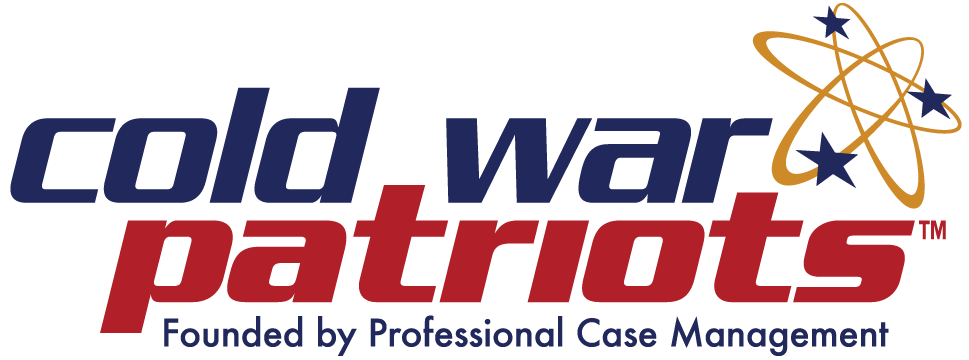
News & Events | CWP Admin
More than 800 claims for Hanford workers reconsidered
November 5, 2012
November 5, 2012
CWP Admin
News & Events
The Tri-City Herald released an update about Hanfords recent Special Exposure Cohort status. Please click here for original link.
More than 800 previously denied or pending claims for ill Hanford workers are being reconsidered or put on a fast track for a decision after federal compensation rules were recently eased.
All those claims are for cancers covered by a newly designated special exposure cohort for workers at Hanford from July 1972 through 1983. Workers received that designation if inadequate information existed to estimate their radiation exposure.
The classification allows workers or their survivors to claim $150,000 in compensation plus medical coverage without an estimate showing they received enough radiation to likely cause the cancer. They also may be eligible for up to an additional $250,000 for impairment and wage loss.
Workers at Hanford before June 30, 1972, already were covered by the eased rules.
Tuesday, the Department of Labor held morning and evening town hall meetings in Pasco to provide more information on compensation programs for ill Hanford workers, with about 80 people attending the morning session.
To be eligible for compensation without an estimate of the radiation dose received, workers must have spent 250 days working at Hanford. If they have fewer days, the time may be combined with work at another site covered by the Energy Employees Occupational Illness Compensation Program.
Workers at the 700 Area, now the Federal Building in Richland, must show they spent 250 days out of the office and at Hanford.
Preliminary decisions already have been made on some of the 800 previously denied claims for workers from July 1972 through 1983, said Carol Campbell, Department of Labor unit branch chief.
Letters were sent out to those with claims being reviewed. However, some people at the Pasco meeting Tuesday said they thought their claim was eligible for the new eased rules but they had not been notified their case was being reconsidered. They were told to check with the Hanford Resource Center.
The cancers covered by the eased rules include bone cancer, renal cancer, some leukemias, lung cancer, multiple myeloma, some lymphomas and primary cancer of the thyroid, breast, esophagus, stomach, pharynx, small intestine, pancreas, bile ducts, gall bladder, salivary gland, urinary bladder, brain, colon, ovary or liver.
There are some restrictions for some of the cancers. For example, liver cancer may not be covered if hepatitis B was a factor.
The eased rules for workers also should help those who develop cancer in the future qualify for compensation.
The Advisory Board on Radiation and Worker Health, which recommended that rules be eased for Hanford workers through 1983, will review whether easing rules for more recent workers also should be considered.
National Institute of Occupational Safety and Health experts have not identified any reason that radiation exposure cannot be accurately estimated for later workers, said Sam Glover, a NIOSH research health scientist. However, NIOSH experts are keeping an open mind and will work with the board, he said.
The rules were eased for Hanford workers from July 1972 to 1983 because workers’ internal exposure to neptunium, thorium, uranium 233 and highly enriched uranium could not be adequately estimated.
Hanford produced plutonium for the nation’s nuclear weapons program from World War II through the Cold War. Other specialized research and production work with radioactive materials also was done at Hanford.
The compensation program has paid out $776 million in compensation and medical benefits to Hanford workers or their survivors. In addition, the program has paid almost $140 million to Pacific Northwest National Laboratory workers or their survivors.
For more information, including to check on the status of a claim or to file a claim, call the Hanford Resource Center at 946-3333 or 888-654-0014. Even if workers don’t have one of the 22 cancers covered by the eased rules, they still may be eligible for compensation. Claims also may be filed for diseases other than cancer caused by exposure to hazardous chemicals or radiation at Hanford if they resulted in wage loss or impairment.
